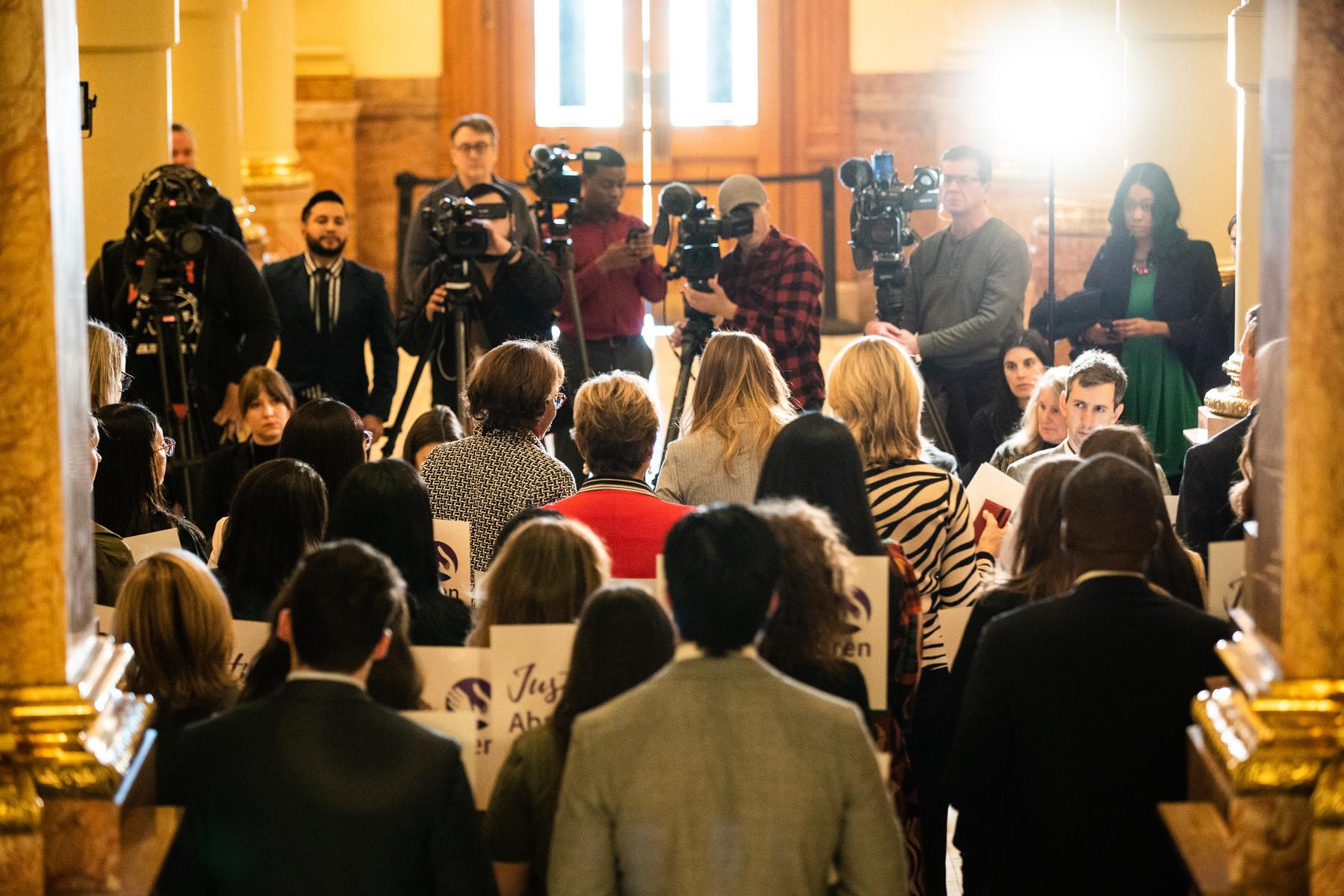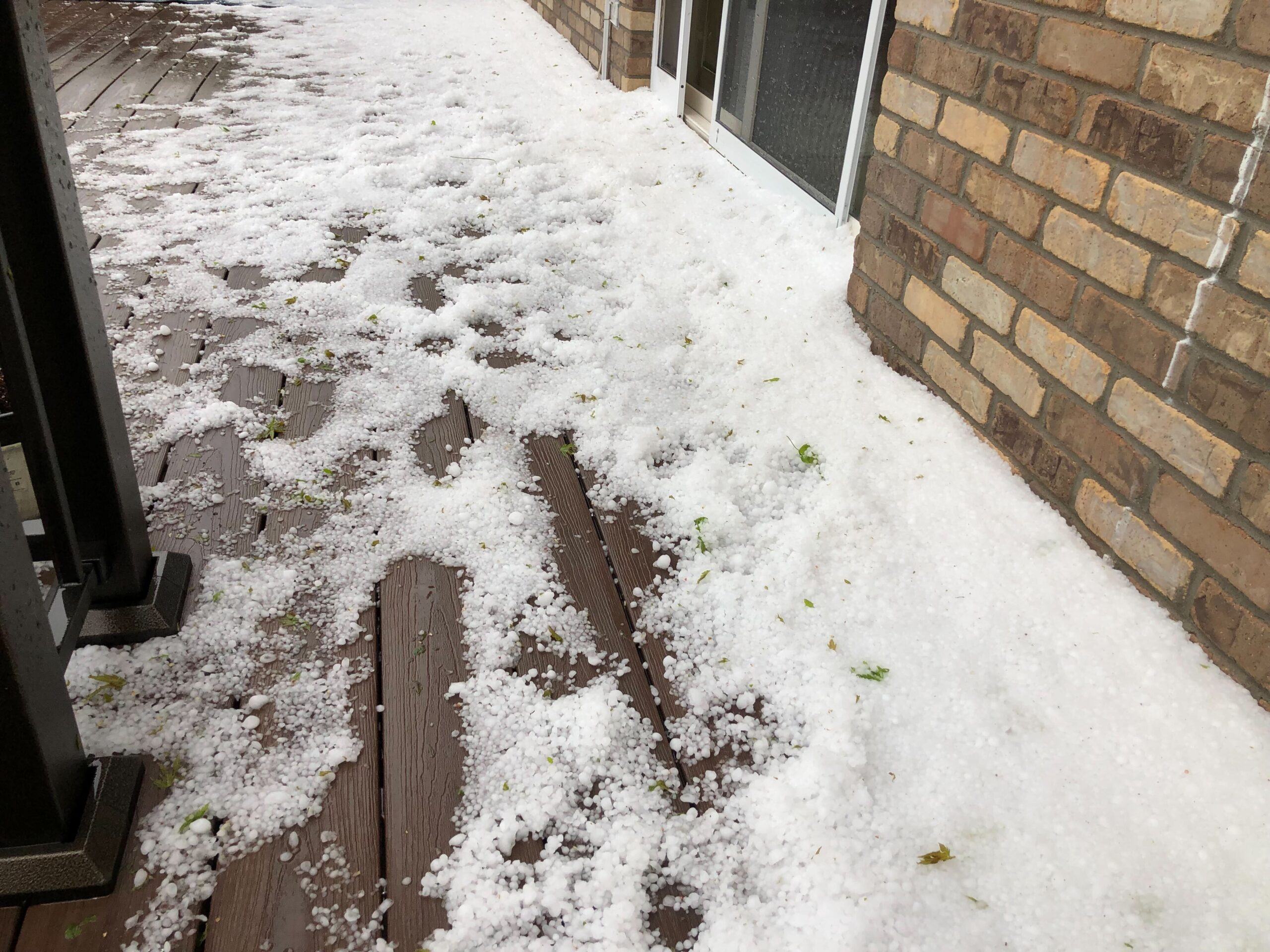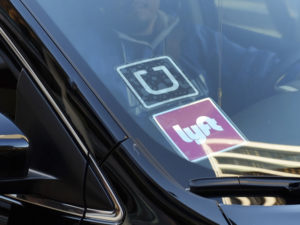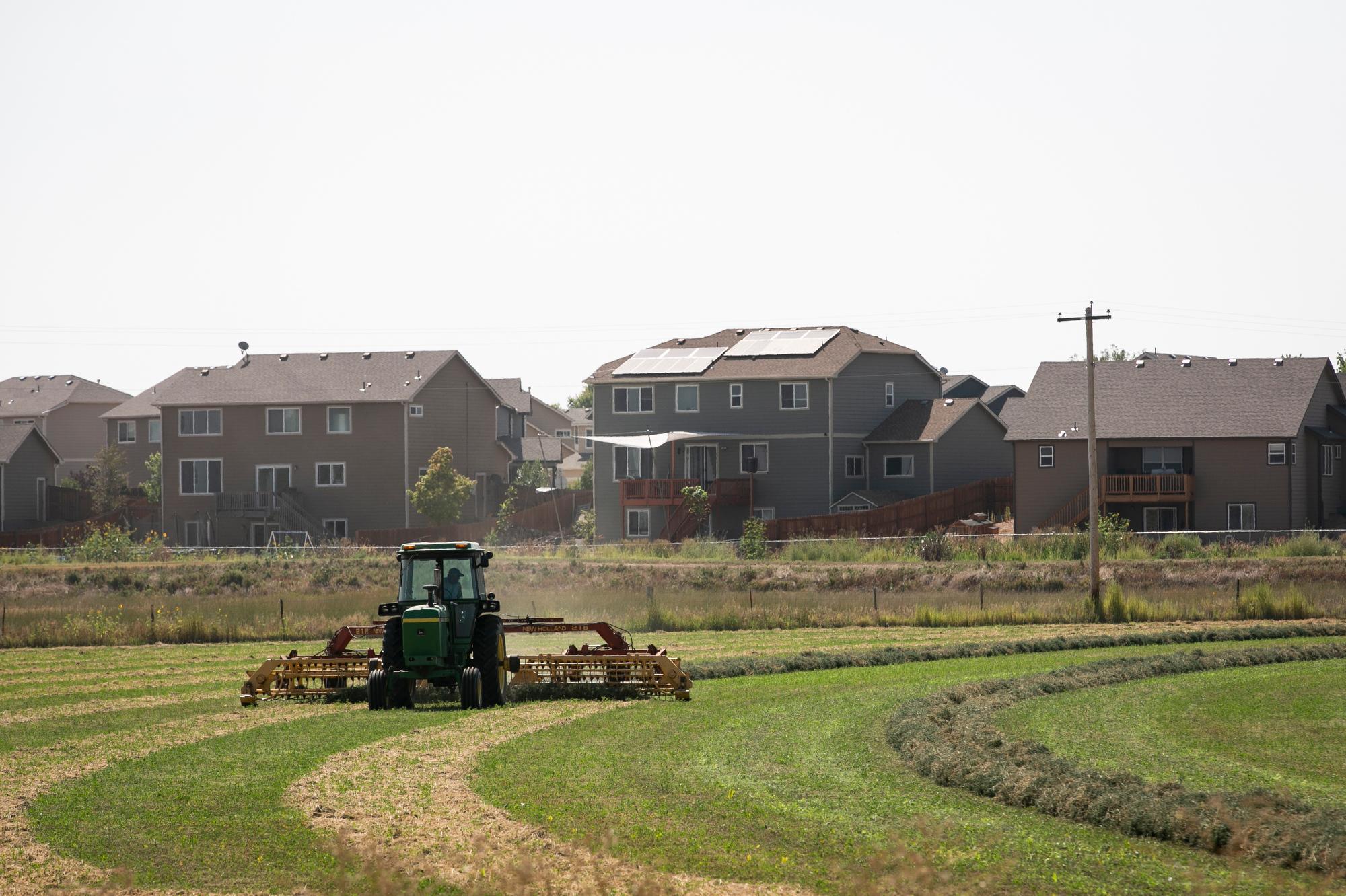
Sheleste Grauberger had never thought about whether American elections are run fairly or not.
“It never crossed my mind,” the 47-year-old said. “I dropped off my ballot, or I went and voted in person, and I always felt like it was correct and safe — and I just hadn’t really thought about it much until now.”
This year feels different. For the first time, Grauberger feels suspicious of the U.S. elections system. A Republican who plans to vote for President Donald Trump, she hears similar doubts all over La Salle, one of the towns that dot U.S. 85 through conservative Weld County.
“Facebook, and my family, and my friends, and business partners, and business acquaintances,” she explained.
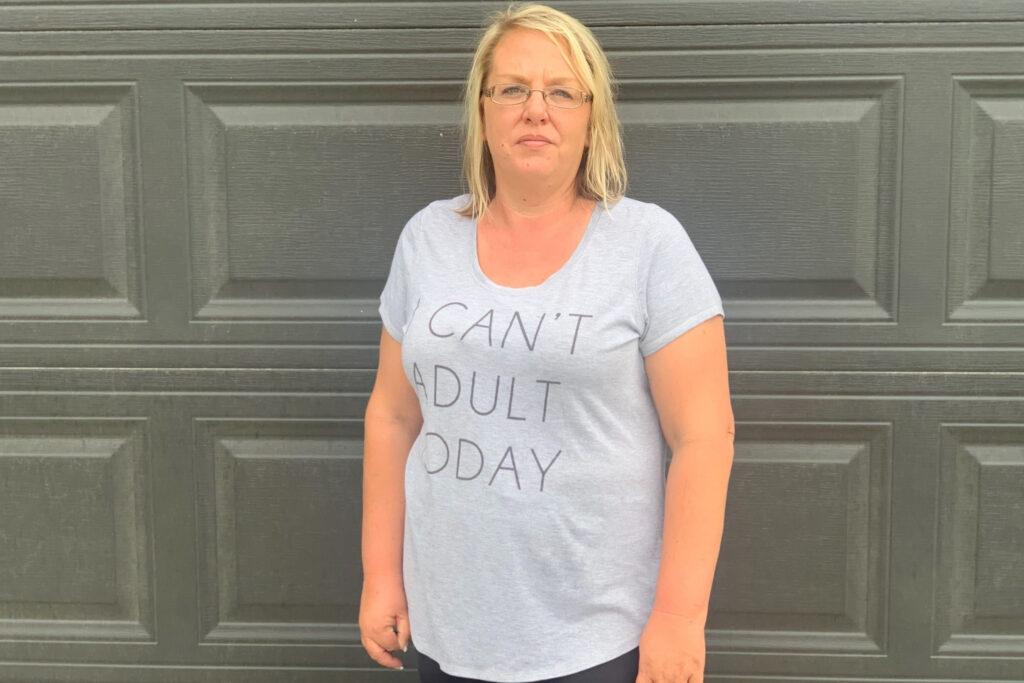
The root of much of this skepticism is Trump himself. He first declared in 2016 that the election would be “rigged” against him.
Now he’s focused his attacks on universal mail-in voting. Colorado embraced the system in 2013, becoming one of the first states to mail ballots to all active voters. Now, states like California and Nevada are rushing to expand their own mail voting systems, and Trump has turned logistical concerns into an unfounded, conspiratorial attack on mail voting.
He has claimed — without evidence — that elections officials might only send ballots to Democratic areas. More broadly, his campaign ads have made baseless accusations that Democrats are “stuffing the ballot boxes with FAKE and FRAUDULENT votes.”
In August, the president went further, telling a crowd in Oshkosh, Wisconsin, that “the only way we're going to lose this election is if the election is rigged.”
No modern president or major candidate has made those kinds of statements before an election. It’s a message that’s undermining Republican voters’ faith in the upcoming vote, and it’s forcing election officials to explain Colorado’s election systems to waves of anxious callers.
“Rigged is a strong word. That would have to be provable,” Grauberger said. “But I feel like there’s a lot of things being said and done and put into place to make sure he doesn’t get re-election.”

This isn’t a new phenomenon. Republicans have long argued that election fraud is too easy, while Democrats counter that new ID requirements and other security changes are really meant to shut voters out.
In 2020, that debate is suddenly focused on the U.S. Postal Service. The recent reduction of USPS overtime hours reportedly led to widespread delivery delays which could undermine people’s confidence in voting by mail. The Trump administration has said it will suspend some of those changes.
Meanwhile, Republicans are more likely to see the postal service as another venue for trickery.
“Well, what’s to say (election mail) doesn’t get pushed aside, and somebody fills out all their ballots the way they want ‘em to go, and puts them back in the mail?” asked Jim Henry, 74, as he smoked a cigarette outside his home in the exurban town of Severance.
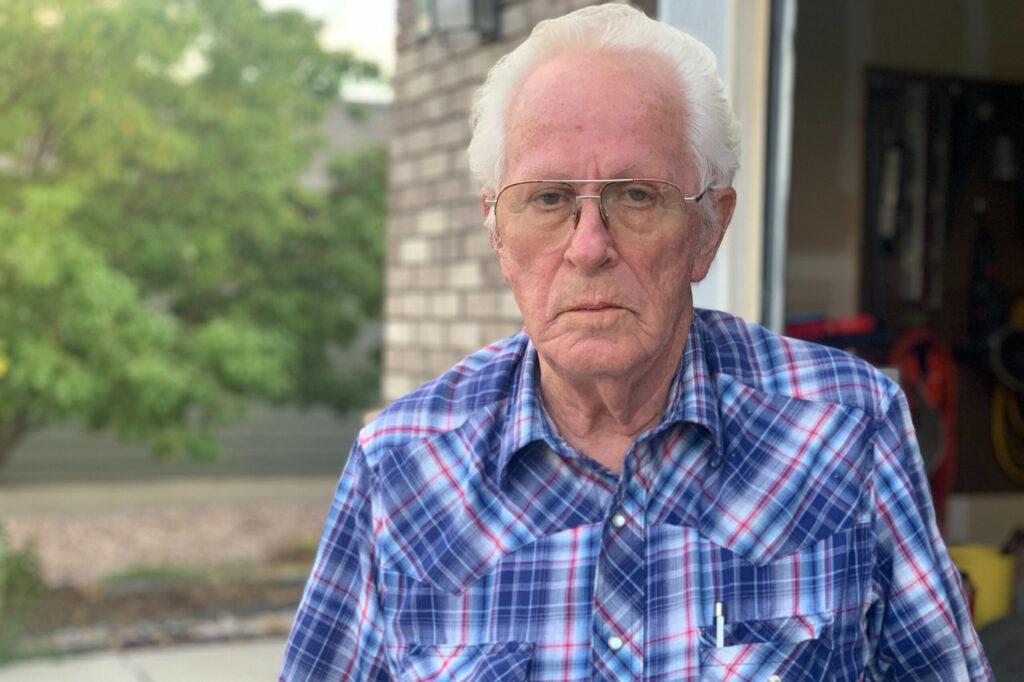
There’s no evidence of widespread vote tampering in any mail voting state, according to Charles Stewart, founding director of the MIT Election Data and Science Lab and a professor of political science.
“Voter fraud is exceedingly rare,” Stewart said in an interview. “As people like to say, you’re more likely to get hit by lightning then you are to find a case of voter fraud by mail.”
The greater threat, Stewart said, is that a relatively small number of ballots will arrive after deadlines, or that they’ll be rejected for voter errors. States like Colorado have tried to counter postal delivery concerns with systems like automatic signature matching and ballot tracking. Nevada has similar systems.
Trump’s warnings have none of that nuance. And the resulting voter doubts create a unique challenge for Republican officials in a vote-by-mail state like Colorado. In Weld County, the elections office takes four or five calls per day about election security, according to County Clerk Carly Koppes, a Republican.
She reminds people that “you’ve been participating in mail ballots for a long time.” Koppes tells them that she meets regularly with the U.S. Postal Service and has full confidence in the elections system.
Her strategy: Keep it local. Instead of engaging directly with the president’s rhetoric, she connects voters with her election judges — a bipartisan group of volunteers —- who can sometimes be more convincing than paid staff.
“I want to make sure that my constituents here in Weld County know that they have every opportunity to participate in an election,” she said.
A recent CNN poll found that 42 percent of respondents are less than confident that the election results will be counted accurately. Republicans are the least confident, a reflection of a larger trend over recent years.
Koppes said that her conversations help to reassure voters “99 times out of 100.” That could be crucial for Republicans, some of whom worry that Trump’s rhetoric will drive down turnout by pushing his supporters away from a convenient voting option.
And, indeed, there are signs that local officials can help shore up voter confidence in Colorado’s vote-by-mail system.

For example, despite Jim Henry’s suspicions about the national election, he is perfectly happy to leave his ballot in one of the county’s 16 secure drop boxes, which are kept under 24-hour surveillance.
“It’s just like a ballot box in the polls. The ballots go in. It’s a locked box. Nobody can touch it until an authorized person can,” he said.
Trump also has attacked drop boxes, baselessly describing them as a “big fraud.” But voter Leslie Anderson, who describes herself as “very conservative,” said she was more confident in Colorado’s system than that of other states.
“I really have not seen any issues,” she said while eating strawberry ice cream with her husband by a pond in Severance. “I just drive up and put (the ballots) in the box, and I know that they’re there.”
It’s a sign that Colorado’s reputation for safe elections extends across party lines, even after its momentous shift to mail-in voting. National research shows people are most confident in the elections system of their local community, Stewart said.
But it doesn’t change the larger trend. Voter confidence in the U.S. is among the worst of any wealthy democracy, according to Gallup polling. And the country would enter unknown territory if the president loses the election after such explicit accusations of fraud. Meanwhile, there are signs that growing numbers of Democrats will see a Biden loss as unfair, too, according to Stewart.
For voters on both sides of the aisle, a troubling question lingers: What will happen after the votes are counted?
“I feel like no matter what, half the country’s going to feel like it wasn’t fair,” Grauberger said outside her home. “They need to do everything they can to make it fair, and to prove to us this was a fair election.”

